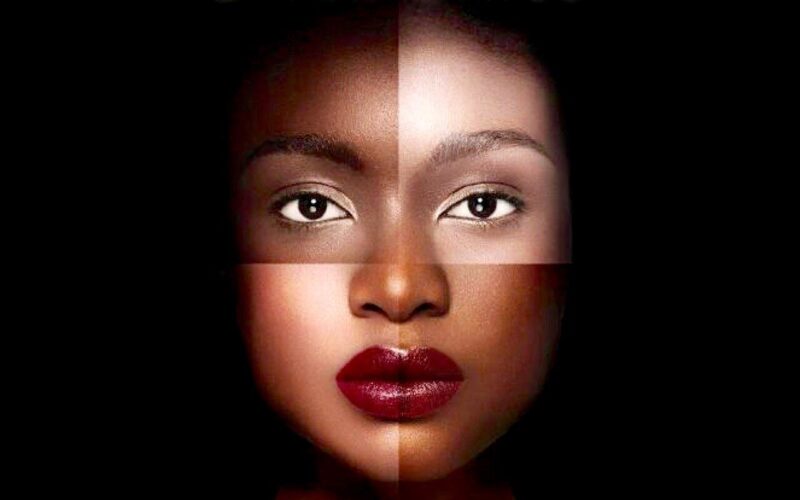Colorism is driving women of color to use harmful skin lightening products, says new study
Share
Explore Our Galleries
Breaking News!
Today's news and culture by Black and other reporters in the Black and mainstream media.
Ways to Support ABHM?
Char Adams, NBC BLK
Most skin-lightening products are used for medical purposes, but sometimes they’re used to conform to beauty standards informed by skin tone.

A lot of Americans want to lighten their skin.
Skin lightening, also called whitening or bleaching, is a multibillion-dollar industry with products that can damage the skin and that, researchers say, promote a dangerous message about beauty and social value. But people who use these products — primarily marketed to women — seldom understand the health risks of using the over-the-counter chemicals, Northwestern University researchers found in a study recently published in the International Journal of Women’s Dermatology.
The researchers surveyed hundreds of people, a majority of them Black women. Many of the respondents reported using skin lightening products, with a portion admitting that they didn’t know the products contained harmful ingredients like hydroquinone, which can cause skin rashes, swelling, discoloration and more.
“The vast majority of times, skin lightening is really used with the goal of treating a medical dermatological disease or post-inflammatory hyperpigmentations,” said the study’s lead author, Dr. Roopal Kundu, founder and director of the Northwestern Medicine Center for Ethnic Skin and Hair. “But sometimes it is used in the space of wanting lighter skin and the constructs of beauty compounded by light and dark skin.”
“We’ve done other work in that space trying to understand why people might use these products,” she continued. “It gets back to lighter skin being more aesthetic or considered something of value among certain communities. This is centuries in the making, generations in the making.”
Respondents who used skin lighteners reported experiencing colorism in their lives. Colorism, or color bias, is a system of inequality in which lighter skin on nonwhite people is considered more beautiful, socially acceptable and deserving of privileges often denied to people with darker skin. Black men with light skin are perceived to have more education than those with dark skin, and skin tone plays a role when job applicants with dark skin compete with light-skinned applicants.
Read more about the issue of colorism in the original article.
Learn about the idea of race and how it changes peoples’ perceptions of one another in this virtual exhibit.
Find more Breaking News here.









Comments Are Welcome
Note: We moderate submissions in order to create a space for meaningful dialogue, a space where museum visitors – adults and youth –– can exchange informed, thoughtful, and relevant comments that add value to our exhibits.
Racial slurs, personal attacks, obscenity, profanity, and SHOUTING do not meet the above standard. Such comments are posted in the exhibit Hateful Speech. Commercial promotions, impersonations, and incoherent comments likewise fail to meet our goals, so will not be posted. Submissions longer than 120 words will be shortened.
See our full Comments Policy here.